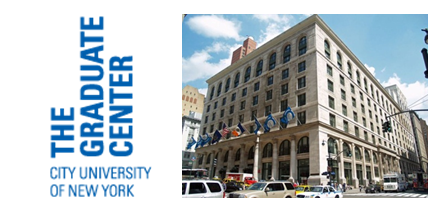Join us in our upcoming Applied Economics Seminar at the Graduate Center organized by Professor Agbeyegbe, Hunter College & Graduate Center.
A lecture by:
Judit Temesvary, Board of Governors, DC
“The Currency Dimension of the Bank Lending Channel in International Monetary Transmission”
(joint paper with Elöd Takáts)
Abstract:
We investigate how the use of a currency transmits monetary policy shocks in the global banking system. We use newly available unique data on the bilateral cross-border lending flows of 27 BIS-reporting lending banking systems to over 50 borrowing countries, broken down by currency denomination (USD, EUR and JPY). We have three main findings. First, monetary shocks in a currency significantly affect cross-border lending flows in that currency, even when neither the lending banking system nor the borrowing country uses that currency as their own. Second, this transmission works mainly through lending to non-banks. Third, this currency dimension of the bank lending channel works similarly across the three currencies suggesting that the cross-border bank lending channel of liquidity shock transmission may not be unique to lending in USD.
Paper available here.
Date: Tuesday, March 28, 2017
Time: 12:00pm-1:45pm
Location: 365 Fifth Avenue, New York, NY
Room: 5383
Travel Directions to The Graduate Center:
By Subway: B, D, F, N, R, or Q to 34th Street-Herald Square; walk east to 5th Avenue 6 to 33rd Street.
By Bus: M1, M2, M3, M4, M5, M6, M7, M16, M34, Q32.


